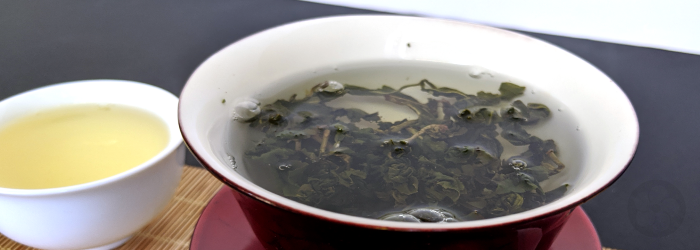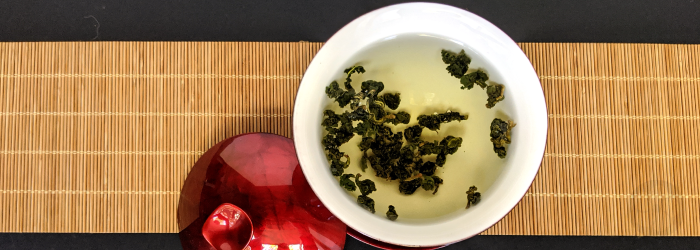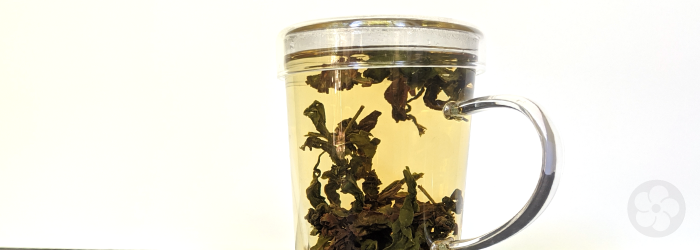Benefits of Tea: Can Tea Lower Stress Levels?

We all know the feeling of being stressed out: our heart pounds and our breath quickens, our muscles become tense, we might start to sweat. All of these are ways for our bodies to prepare us to either fight or flee from danger, triggered by a release of cortisol and other stress hormones in the brain.
Unfortunately, our bodies also react this way to perceived threats that we can neither fight directly or run away from. This natural biological response, intended as a temporary stopgap, can become chronic or severe as pressures build at work, within families, or in a frustrating traffic jam.
Learn how a short tea routine can help you unwind in the evenings >>
Studies investigating the effects of intense or long-term stress have shown that it can have serious health consequences over time in many parts of the body. Chronic stress has been linked to mood disorders like anxiety and depression, and has been shown to cause reductions in brain mass over time. It also has proven effects on vascular and immune function, causing high blood pressure, increased risk of illness, and other physical ailments.
Despite the stimulating effect of its caffeine content, tea is widely viewed as a calming beverage that can help relieve stress. Though this effect has been studied, not all results have been conclusive. One study that compared elderly Korean tea drinkers to non-tea drinking peers revealed that the tea drinkers generally maintained better cognition and had lower rates of depression - but it wasn’t clear that this was from the tea itself. Other lifestyle factors, including the regular ritual of making tea, could also have influenced the results.
Find 8 other benefits of a daily tea routine >>
But other studies with more controlled parameters have shown that tea consumption is indeed linked to increased relaxation in the recovery period after a stressful event has passed. After four weeks of standardization with a caffeinated placebo, a randomized group of adult men who consumed tea for six weeks showed quicker reductions in blood platelets and lower cortisol after completing a stressful task, when compared to a placebo group.
These effects are typically attributed to tea’s unique combination of caffeine, L-theanine, and polyphenols like EGCG. Though anecdotal evidence has made tea a go-to for relaxation and focus throughout history, science is now bearing out the reality behind these effects. L-theanine has been shown to decrease cortisol levels and increase alpha-wave activity in the brain, indicating that it reduces the stress response and improves focus. EGCG, the best studied of tea’s many antioxidants, has also been linked to lower stress levels.
Learn more about how L-theanine affects the brain >>
And though caffeine, when consumed in large amounts, can increase levels of stress and anxiety, it is thought that neither L-theanine nor EGCG would have the same effects if they were not combined with caffeine in tea. Since a cup of tea contains much less caffeine than a cup of coffee, tea drinkers do not generally consume enough caffeine to worsen the symptoms of stress.
As with most of the beneficial effects of tea, the impact on stress levels is best observed as a cumulative effect of regular tea consumption. There is much less scientific support for the use of tea as an immediate balm in a stressful situation, despite the anecdotal experience of many who find comfort in wrapping their hands around a warm mug. Rather, the effects of tea help our bodies to build resistance to the issues of chronic stress over time, slowly enhancing our own ability to respond and recover from stressful situations.
Do you find that tea helps you better manage stress? Tell us about your experience in the comments below!
Sign up for our newsletter to get blog updates in your inbox!






Comments on this post (0)